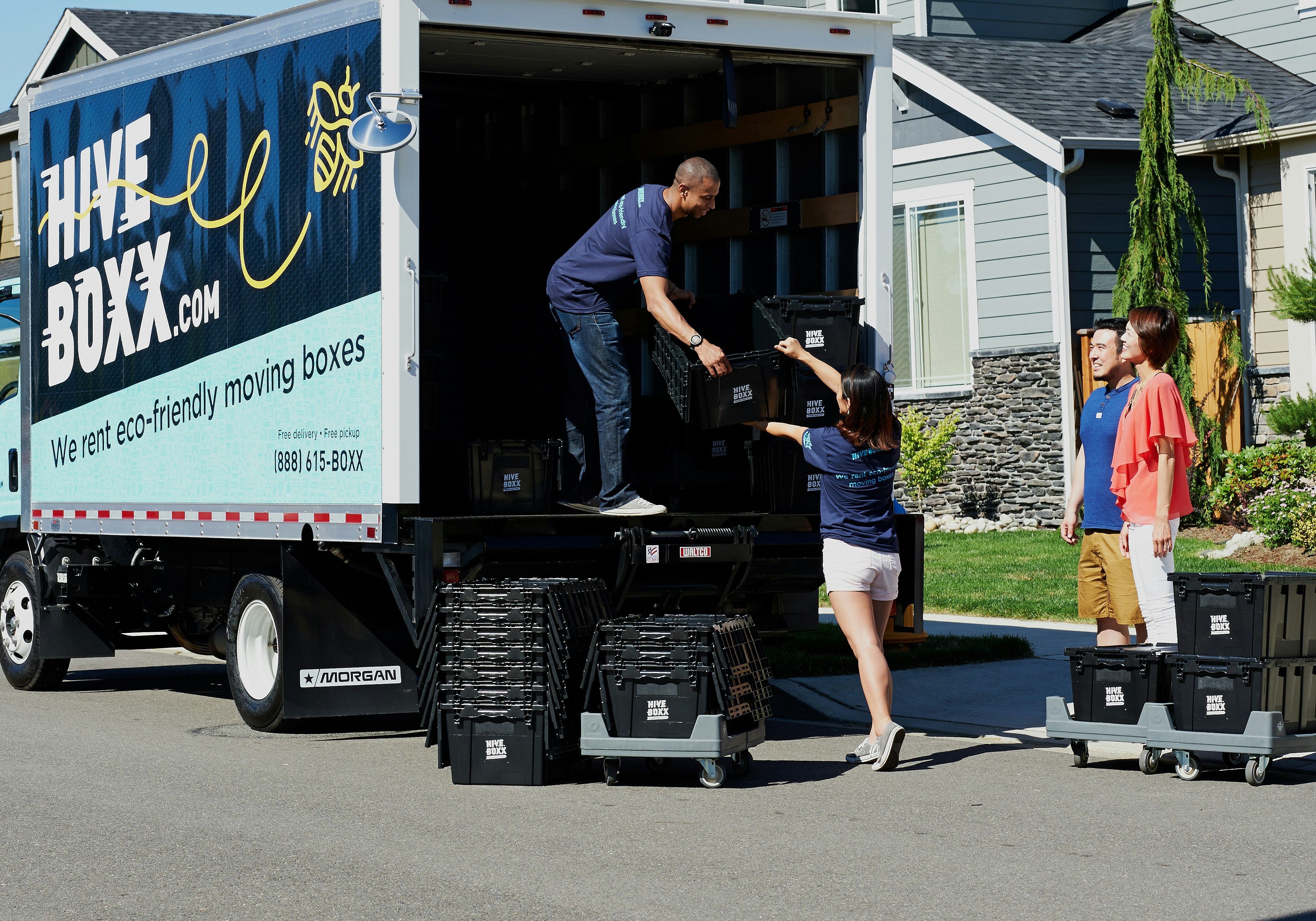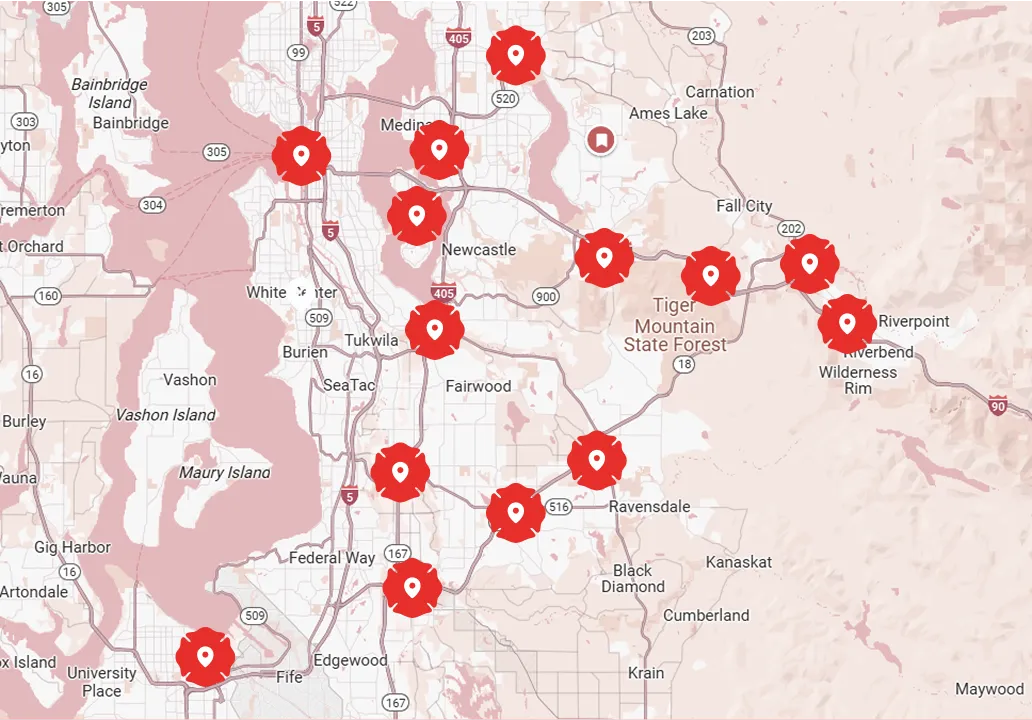Out of State Moving Companies in Auburn, WA
.webp)
Moving out of state from Auburn, WA involves careful planning, specialized carriers, and awareness of regulatory requirements. Interstate moves require FMCSA registration and USDOT/MC numbers, with written or binding estimates, bill of lading, and clear valuation options. Options include van lines, direct carriers, and brokers, each with different coverage, routing, and handoff points. Key cost drivers include weight, distance, accessorials, seasonal demand, and valuation. Clients should inventory, share access details, obtain permits, and review documents to ensure a smooth delivery.

Moving Out of State Moving Companies in Auburn, WA
Moving out of state from Auburn, WA is a major logistics task that requires specialized carriers, regulatory knowledge, and careful planning. Whether you are relocating for work, downsizing, or moving a household across the country, understanding how out-of-state moving companies operate gives you control over timing, cost, and the safety of your belongings. This page explains what to expect from Auburn, WA long-distance movers, common issues residents face, licensing and compliance, cost drivers, customer responsibilities, and how multi-state routing and delivery are managed.
Why choose a specialist for moving out of state from Auburn, WA
Long-distance moves differ from local moves in scale, regulations, and transit complexity. Auburn sits between the Puget Sound metro area and more rural regions to the south, and moves often use major corridors like I-5 and SR-167. Wet weather, seasonal mountain pass closures, and regional traffic can affect pick-up or delivery windows. Companies experienced in Auburn long-distance moves account for these local factors when planning routes, scheduling linehaul shifts, and estimating delivery times.
Common moving types and issues Auburn residents face
- Full household moves: multiple rooms of furniture and boxed goods that require palletizing and secure loading for long hauls.
- Partial or consolidated shipments: smaller loads combined with other customers to reduce cost, which can increase transit time and handling.
- Vehicle transport: shipping cars requires separate carrier coordination and additional paperwork.
- Storage-in-transit: temporary warehouse storage while awaiting home availability in the destination state.
- Common issues: underestimated volume or weight, access constraints at pickup or delivery addresses, seasonal delays due to weather, and confusion about valuation coverage or insurance.
Licensing and regulatory compliance for interstate moves
Interstate moves are regulated at the federal level. Moving companies that handle out-of-state relocations must be registered with the Federal Motor Carrier Safety Administration (FMCSA) and display a valid USDOT number and Federal Motor Carrier (MC) number. These registrations indicate the carrier is authorized to transport household goods across state lines.
Key compliance points for Auburn moves:
- Carriers must provide a written estimate or binding estimate and furnish a bill of lading at pickup.
- Movers should offer clear valuation options. Basic released value coverage is minimal; higher valuation or third-party insurance is available.
- Contracts must include delivery windows and dispute resolution information.
- Parking and street permits for large moving trucks may be required in some Auburn neighborhoods; a professional mover will advise on municipal rules and help secure permits if needed.
Carrier networks: van lines, direct carriers, and brokers
Understanding the different types of carriers helps you match service level to needs:
- Van lines: National networks that coordinate pickup, consolidation, long-haul transport, and delivery. They often use local agents in Auburn for on-site services.
- Direct carriers: Single-operator companies that handle the entire move without transferring between carriers. This can reduce handling but may have less geographic reach.
- Brokers: Arrange transport through third-party carriers and can offer competitive pricing. Reputable brokers will vet carriers and provide clear documentation; verify the broker’s FMCSA registration and insist on carrier details.
Auburn movers often use hub-and-spoke routing for long hauls. Goods may move from a local agent to a regional distribution hub, then onto a linehaul truck for an interstate run. Knowing whether your shipment will be consolidated or direct helps set expectations for transit time and handling.
Cost considerations for long-distance transport
Out-of-state move pricing is influenced by several factors:
- Weight or volume: Interstate movers typically charge by weight. A precise inventory and in-home estimate reduce surprises.
- Distance: Longer miles increase fuel, driver hours, and equipment use.
- Accessorials: Charges for stairs, long carries, bulky items, appliance disconnects, or shuttle services if a large truck cannot access your street.
- Seasonal demand: Summer months and end-of-month windows are busier and often more expensive. Auburn’s proximity to Seattle can push weekend availability, affecting scheduling and cost.
- Consolidation vs direct service: Consolidated shipments lower cost but increase delivery windows and handling.
- Insurance and valuation: Opting for higher valuation coverage increases cost but reduces financial risk.
What customers must do before and during the move
Preparing properly reduces delays and hidden costs:
- Inventory and declutter: Create a detailed inventory and remove items you will not move to lower weight and cost.
- Provide accurate access details: Share driveway, street width, and apartment elevator information so carriers bring appropriate equipment.
- Obtain necessary permits: Check with Auburn city codes for required parking or no-parking permits for moving trucks.
- Be ready on pickup day: Have boxes sealed and labeled, major furniture prepared for loading, and utility transfers scheduled.
- Review documents: Read the bill of lading and estimate carefully. Confirm delivery windows and your chosen valuation level.
- Plan for delivery appointment: Long-distance movers will often require a delivery appointment window and may charge for rescheduling or missed deliveries.
Multi-state routing, tracking, and delivery expectations
Long-distance moves are planned down to routing nodes and transfer points. A typical process:
- Local pick-up by an Auburn agent who inventories and loads items.
- Transport to a regional hub for consolidation and sorting.
- Linehaul across state lines on scheduled runs. Transit times are calculated using mileage, hub schedules, and expected dwell at transfer points.
- Final-mile scheduling with a local carrier or agent at the destination.
- Delivery appointment, unpacking options, and placement of furniture.
Reputable carriers provide tracking updates and estimated delivery windows. Auburn moves must factor in seasonal weather conditions that can change routing, especially when mountain passes or long stretches of highway are involved. Storage-in-transit is common when delivery dates are uncertain.
Insurance, claims, and dispute handling
Understand valuation and claims processes before you move. Released value coverage is automatic but minimal. Upgrading valuation or purchasing third-party insurance offers broader protection for high-value items. Keep an inventory with photos for claims. If damage occurs, file claims within the carrier’s stated timeframe and keep all documentation, including the bill of lading and any inspection reports.
Final considerations and post-move tips
Choosing Auburn, WA moving companies experienced in out-of-state relocations reduces stress and improves predictability. Prepare an accurate inventory, confirm licensing and insurance, and align your schedule with carrier availability. After delivery, inspect items immediately and document any issues. Planning for seasonal impacts, possible storage needs, and access permits ahead of time makes the move smoother and helps avoid unexpected costs.

